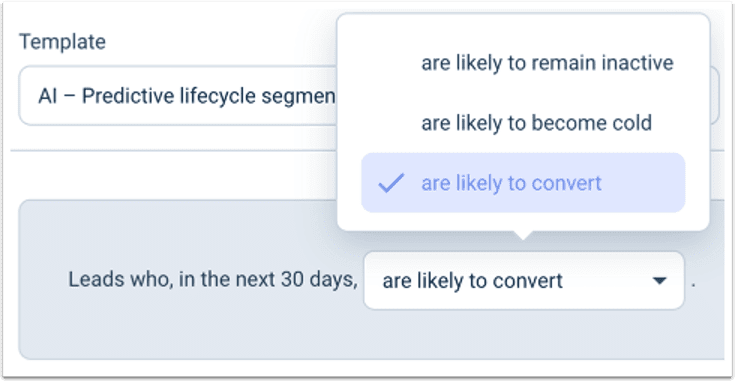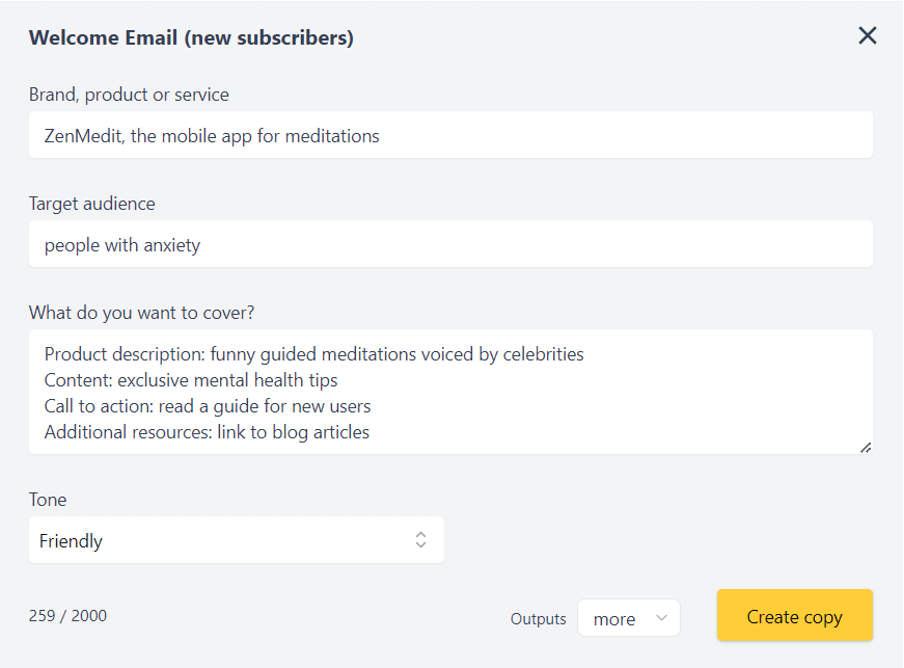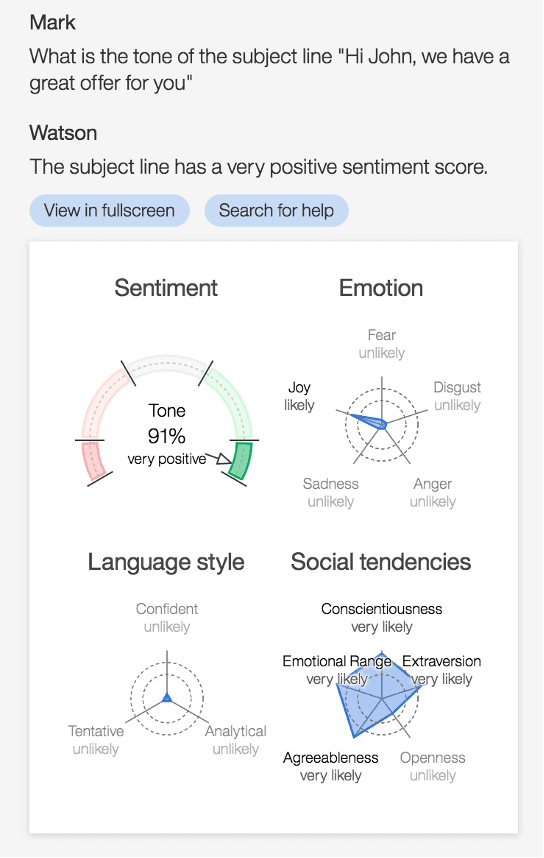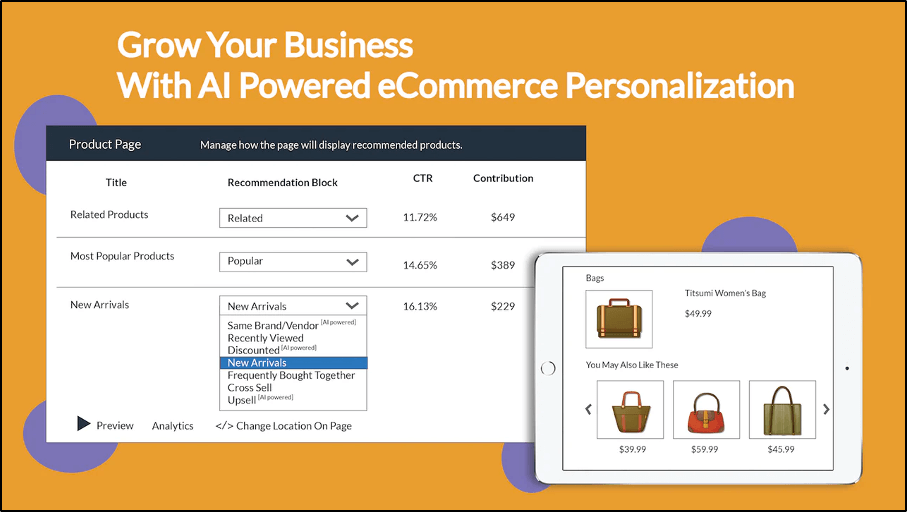
Table of Contents
Introduction
In today’s digital age, email marketing remains a powerful tool for businesses to engage with their audience and drive conversions. However, with inboxes flooded with numerous promotional emails, standing out and delivering relevant content has become increasingly challenging. Enter Artificial Intelligence (AI). It has been transforming the landscape of email marketing by providing unprecedented levels of personalization and optimization.
I. Understanding AI in Email Marketing
Artificial Intelligence (AI) is a branch of computer science that focuses on the development of intelligent machines capable of performing tasks that typically require human intelligence. In email marketing, AI algorithms are leveraged to analyze vast amounts of data, gain valuable insights, and automate various aspects of email campaigns. By harnessing the power of AI, businesses can create highly targeted and personalized email experiences that resonate with individual recipients, thereby enhancing customer engagement and boosting campaign effectiveness.
II. Hyper-personalization: The Key to Effective Email Marketing
Advanced Customer Segmentation
AI-driven algorithms can segment email lists based on various parameters, such as demographics, past behavior, preferences, and purchase history. This level of granularity allows marketers to tailor content and offers to different segments, delivering more relevant emails and increasing the likelihood of conversion. By leveraging AI’s segmentation capabilities, businesses can ensure that their email campaigns are precisely targeted and resonate with their audience on a personal level.
Personalization has proven to be a highly effective strategy in email marketing. According to a study by Statista, personalized emails have an average open rate of 18.8% compared to 13.1% for non-personalized emails. By using AI to segment their email lists, marketers can go beyond basic demographics and tap into deeper insights about their audience’s preferences, behaviors, and purchase history. While it is undeniable that AI assists in segmentation, an email specialist is still necessary to provide the most accurate analysis of the audiences. A mix of AI and human elements are needed to achieve the best results.

Source: Emarsys
Predictive Analytics
AI enables marketers to leverage predictive analytics to anticipate customer behavior. By analyzing historical data, AI algorithms can forecast customer preferences and needs, enabling businesses to send timely and personalized emails that resonate with recipients. For example, an e-commerce business can use AI algorithms to predict which products or services a customer might be interested in based on their past purchases or browsing behavior. This predictive capability empowers marketers to create hyper-targeted campaigns and improve customer engagement.
Dynamic Content Generation:
AI can dynamically generate content based on individual customer data. By leveraging machine learning algorithms, marketers can create personalized product recommendations, dynamic pricing, and real-time content updates. For instance, an e-commerce business can use AI to generate personalized product recommendations based on a customer’s browsing and purchase history. By offering relevant and personalized content, businesses can enhance the relevance and effectiveness of their email campaigns, driving higher engagement and conversion rates.

Source: Hoppy Copy
III. Optimizing Email Campaigns with AI
Subject Line Optimization
The subject line is a crucial element that determines the open rates of emails. AI tools can analyze vast amounts of data to identify subject line patterns that yield higher engagement. By A/B testing subject lines and analyzing customer responses, AI can suggest optimized subject lines that are more likely to resonate with recipients and increase open rates. Marketers can leverage AI-powered subject line optimization to enhance the effectiveness of their email campaigns.
Subject line optimization is an essential strategy for improving email open rates. AI-powered tools can analyze large sets of data to identify patterns and elements that drive higher engagement. By A/B testing subject lines and measuring customer responses, AI algorithms can identify the most effective subject lines for different audience segments, improving open rates, and increasing the chances of email engagement.

Source: LXAHub
Send Time Optimization
AI can analyze recipient data and engagement patterns to determine the optimal time to send emails. By sending emails at the right time, marketers can improve open and click-through rates, ensuring that their messages reach the recipients when they are most likely to engage. AI algorithms can analyze data such as historical open rates, time zones, and engagement patterns to identify the optimal send time for each recipient. This level of optimization ensures that emails are delivered at the most opportune moment, increasing the chances of customer engagement.
Source: Seventh Sense
Content Optimization
AI can analyze email content, including images, headlines, and calls-to-action, to identify elements that drive engagement. By leveraging this analysis, marketers can optimize their content to improve click-through rates and conversions. For example, AI can analyze which types of images or headlines generate the most engagement and suggest changes to enhance the effectiveness of the email content. By continuously optimizing content based on AI-driven insights, marketers can create more compelling and engaging emails.
IV. Automating Email Campaigns with AI
Automated Email Sequences
AI-powered automation tools allow marketers to create complex email sequences based on predefined triggers. By automating welcome emails, abandoned cart reminders, and post-purchase follow-ups, businesses can nurture leads, drive conversions, and enhance customer loyalty. For example, an e-commerce business can set up automated email sequences to send personalized recommendations to customers who have recently made a purchase. This level of automation ensures that customers receive relevant emails at the right time, increasing their engagement and likelihood of repeat purchases.

Source: Shopify
Intelligent Email Scheduling
AI can automate the scheduling and deployment of email campaigns based on predefined rules and customer behavior. Marketers can create rules that trigger personalized emails based on specific actions or events, ensuring that the right message reaches the right person at the right time. For example, an online course provider can set up automated emails to be sent to learners who haven’t logged in for a certain period, encouraging them to continue their learning journey. By leveraging AI-driven intelligent email scheduling, businesses can deliver timely and relevant messages, maximizing customer engagement and conversions.
V. Enhanced Email Analytics and Reporting
Advanced Email Performance Metrics
AI provides marketers with enhanced analytics capabilities, enabling them to measure the effectiveness of their email campaigns in real-time. Marketers can track metrics such as open rates, click-through rates, conversions, and revenue attribution, allowing them to make data-driven decisions and optimize future campaigns. AI-powered analytics tools can provide detailed insights into campaign performance, helping marketers understand which elements are driving engagement and conversions, and identify areas for improvement.
Predictive Insights
AI can analyze email campaign data and identify patterns, providing marketers with predictive insights for future campaigns. By leveraging AI-driven analytics, businesses can optimize their strategies, refine their targeting, and improve overall campaign performance. For example, AI algorithms can identify patterns in customer behavior and preferences, enabling marketers to anticipate future trends and adapt their email marketing strategies accordingly. Predictive insights empower marketers to stay ahead of the curve and deliver more impactful email campaigns.
Conclusion
AI is revolutionizing email marketing by enabling businesses to deliver highly personalized, optimized, and automated email campaigns. By leveraging AI-driven tools and algorithms, marketers can create hyper-personalized email experiences, optimize their campaigns for better engagement, and automate various aspects of their email marketing workflows. Embracing AI in email marketing empowers businesses to stand out in a crowded inbox, drive customer engagement, and achieve higher conversion rates. As AI continues to evolve, the future of email marketing looks promising, with endless possibilities for innovative and effective customer communication.
With that in mind, it is critical to note that AI is not a replacement for the skills and expertise of a marketing team. Truly effective marketing is only achievable when it is human-driven. AI is simply a tool and when that tool is wielded by an experienced team, that’s when magic happens. Don’t miss out on the opportunity to revolutionize your email marketing strategy and drive exceptional results. Contact Us today to take your email marketing to the next level.


